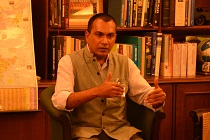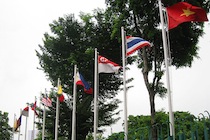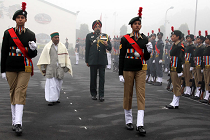Myanmar: Liberalization benefits for India
As Myanmar’s economy opens up, neighbouring India is provided with an opportunity to enhance bilateral ties. Gateway House’s Hari Seshasayee interviews South Asia expert Sudeep Chakravarti to discuss the changes sweeping Myanmar and its significance for the region.










